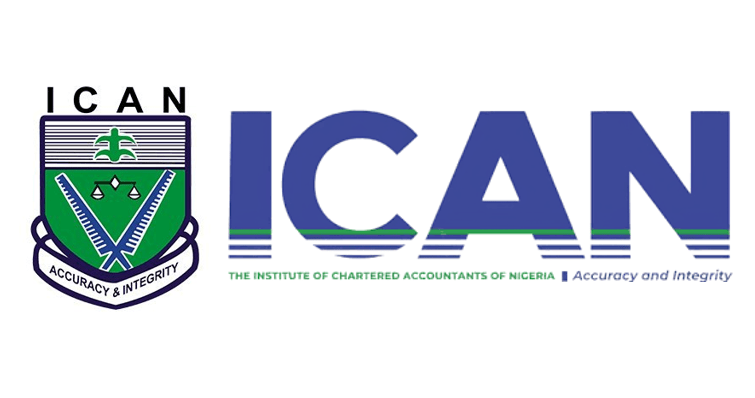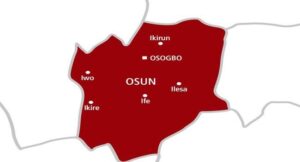
Recapitalisation: ICAN urges CBN to include bank’s retained earnings
The Institute of Chartered Accountants of Nigeria has called on the Central Bank of Nigeria to reconsider its exclusion of retained earnings as part of the capital base of banks.
This was disclosed in its position paper on the new capital requirement for banks signed by its president, Innocent Okwousa, published in national dailies on Monday.
According to the CBN, only the share capital and share premium items on the shareholder fund portion of the balance sheet will be recognised in this particular round of recapitalisation.
To meet the requirement, the CBN gave the banking sector three options including issuance of new common shares (by way of public offer, rights issues, or private placements), mergers and acquisitions and the upgrade /downgrade of their respective license category or authorisation.
ICAN welcomed the recapitalisation exercise as a development that would strengthen the country’s financial system.
“It has been long overdue as the last major recapitalisation of banks was done in 2005. Because of the naira devaluation following the unification of exchange rates, the new calibrated minimum capital requirements seem appropriate,” ICAN stated.
However, the accounting body expressed the stance that retained earnings form part of the equity of a bank and are core tier 1 capital.
“Although CBN has acknowledged this fact, excluding retained earnings runs contrary to this acknowledgement. While we acknowledge the authority of the CBN to regulate the banking sector, there is a need for it to further clarify the exclusion of retained earnings for bank recapitalisation, given Nigeria’s adoption of the International Financial Reporting Standard and the Basel Accord. This is so because Nigeria has not announced any carve out in Its IFRS adoption,” the CBN noted.
Making recommendations, ICAN asked that “the CBN may consider allowing the inclusion of retained earnings on the condition that they are not impaired by losses, to make it easier for the banks to comply with the new capitalisation policy
“The two years allowed are considered sufficient to implement the programme. However, given the young age of non-interest banks in Nigeria, they should be allowed a longer period, probably three years, to meet the minimum capital requirements.”
The Institute also urged the CBN to extend the 30-day period it gave banks to come up with an implementation plan to 60 days, given that it would take some time to obtain the consent of shareholders.
Other suggestions proffered by the institute include the provision of tax incentives.
“It is also important that the CBN provides some incentives to banks to facilitate the recapitalisation exercise, as was done in 2005.
“This can take the form of tax incentives and ensure that the overall cost of recapitalisation is low by seeking the cooperation of relevant stakeholder institutions such as the Federal Inland Revenue Service, the Securities and Exchange Commission, the Nigerian Exchange and the Federal Competition and Consumer Protection Commission, given that banks have the option of raising funds through the capital market or mergers and acquisitions.
“The CBN should adequately supervise the banks to ensure that the costs of recapitalisation are not transferred to their customers by way of higher bank charges. The CBN is advised to engage the Bankers Committee on measures to put in place to ensure adequate compensation to the staff of banks that may be disengaged as a result of the recapitalisation exercise.
“Exercise due verification to ensure that corrupt and laundered money do not find their way into the capitalisation,” ICAN highlighted in its position paper.
It also offered to partner with the CBN and banks in the implementation of the capitalisation exercise.




